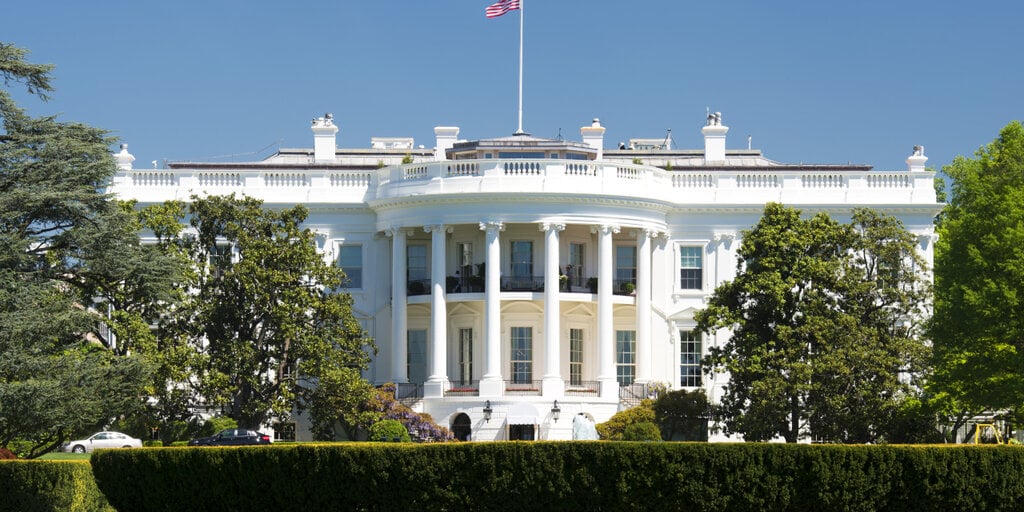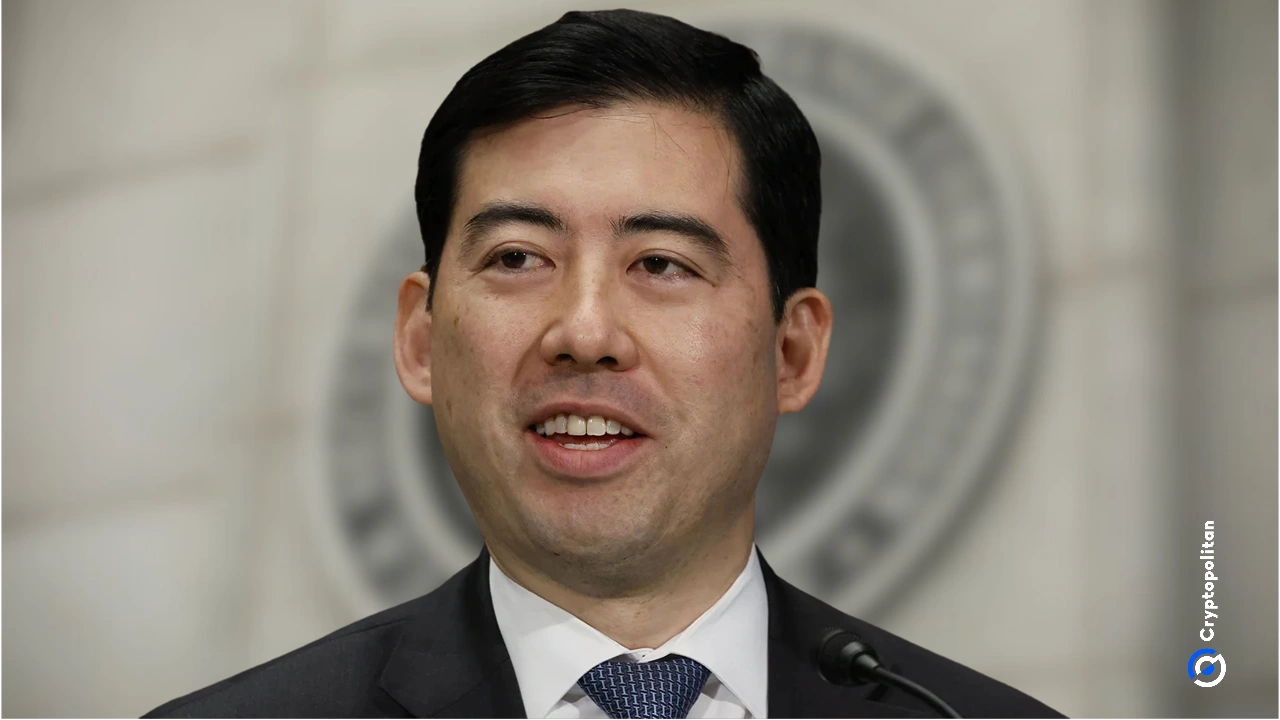California is moving to regulate cryptocurrency with the introduction of an amendment to Assembly Bill 1052 (AB-1052), known as the “Bitcoin Rights” bill.
A Californian lawmaker, Juan Carrillo Valencia, who chairs the Banking and Finance Committee, introduced the money transmission bill to make Bitcoin and crypto rights a major focus, potentially benefitting the state’s residents.
Satoshi Action Fund has already embraced the move, calling it a significant step toward economic freedom for nearly 40 million Californians. If passed, the bill would secure storage and unencumbered construction cryptocurrencies like Bitcoin.
AB-1052 explicitly affirms the right to self-custody—the ability of individuals to hold, secure, and control their cryptocurrency directly without a third party, such as a bank or the exchange. This frees public agencies from having to administer access to people’s digital property.
The bill would recognize digital financial assets as a legitimate and legal payment method in private transactions. It would prohibit public entities from restricting or taxing digital assets solely based on their use as payment.
The bill establishes a simple procedure for dealing with unclaimed digital property
One of the bill’s most important features is how to handle unclaimed digital assets. The bill prevents the funds from disappearing into bureaucratic limbo and ensures that licensed custodians will protect the funds if a person has not touched a crypto wallet in a long time.
It highlights an official legal framework for establishing digital property and securing assets that would go unobserved or implemented under existing legal language in a grey area.
AB-1052 seeks to regulate the broader actions that public officials might take regarding digital assets, securities, or commodities by pairing amendments to the Political Reform Act 1974.
This will curtail political influence in the nascent financial innovative landscape, avoid potential conflict of interest, and ensure that no public officials can weaponize their office against digital asset markets.
If AB-1052 is passed, it will be a landmark victory for blockchain supporters looking to protect digital property rights.
Such a view has led many to assume California’s step can be the backbone for other states looking to implement similar consumer protections for cryptocurrency trading.
The US is actively shaping digital asset policy
Today, Republicans and Democrats agree that crypto legislative reform is needed in the US. Yet, regulatory decisions on crypto still rely on outdated precedents like the 1946 Howey case, which was based on California’s orange groves.
Since the beginning of February, nine US states have introduced some form of cryptocurrency legislation. The bills range from Bitcoin reserves to task forces designed to better inform state policies on digital assets.
Lawmakers in North Carolina introduced a bill on February 10 permitting the state treasurer to invest public funds in “qualified” digital assets.
On February 13, Representatives Bryan Posthumus and Ron Robinson in the Great Lakes state of Michigan introduced a bill to amend rules around the state budget, allowing the government to create a crypto reserve.
Texas is working on a Bitcoin reserve bill, which would be a ground-breaking law if passed. Kentucky, Pennsylvania, and Ohio also want to invest in Bitcoin. As evidenced by these laws, more states recognize Bitcoin as a critical asset.
In February alone, Florida, Utah, Ohio, Missouri, and Kentucky introduced legislation to either create Bitcoin reserves or allocate state funds to crypto-related investment vehicles.
Cryptopolitan Academy: Coming Soon - A New Way to Earn Passive Income with DeFi in 2025. Learn More
















No comments yet